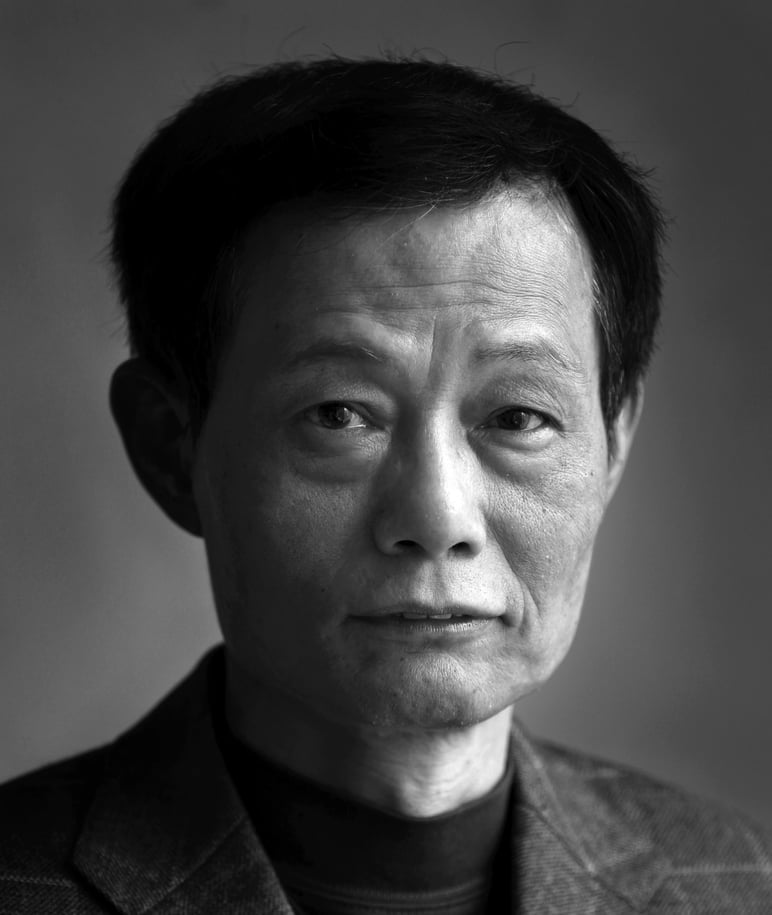
Hong Kong still has the edge over Shenzhen and other Chinese cities, despite the protests
- Any plan to sideline the defiant former British colony ignores the central role the financial hub plays for China’s economy
- Its rule of law and various freedoms, attributes of an open economy, have become even more valuable now amid the US-China trade war
This is widely seen as an effort to punish and sideline the defiant former British colony, even though Hong Kong has played a critical role in helping to transform Shenzhen from a backwater into a modern metropolis and a hub of innovation and hi-tech developments for the nation.
The plan would allow wide-ranging reforms to make the special economic zone a global “benchmark” for competitiveness and influence by the middle of the century, a role now played mainly by Hong Kong.
Shenzhen has prospered by modelling Hong Kong-style market capitalism, rather than following Beijing’s socialist planning dogma. Hong-Kong-invested firms, not state-owned enterprises, have played the decisive role in its economic success, particularly in the early days between the 1980s and 1990s.
Despite Hong Kong’s declining importance to the national economy due to mainland’s four-decade-long economic boom, the city still has irreplaceable value to China’s development. It is a natural gateway not only to and from the mainland but also to the rest of the world. Multicultural Hong Kong has the advantage of having a global perspective that no other Chinese city – neither Beijing, Shanghai, Guangzhou nor Shenzhen – could have had.
Hong Kong is irreplaceable. That’s why the PLA hasn’t rolled in yet
London Exchange needs to think big: HKEX’s offer was a chance to do so
Under the “one country, two systems” formula, the developed free economies of the West grant economic privileges to Hong Kong that no other mainland Chinese city enjoys. These privileges have become more valuable now amid the escalating US-China trade war.
With complete freedom of capital movement and the ability to operate seamlessly in both onshore and offshore markets, Hong Kong plays a critical role in the internationalisation of the renminbi. Hong Kong is by far the largest offshore trading centre for the Chinese currency, with the biggest overseas pool of yuan.
Hong Kong’s status in the global financial network is reflected in the portmanteau “Nylonkong”, coined in 2008 for the three top financial hubs of New York, London and Hong Kong. Such a status has continued to elude Shanghai, despite decades of huge investment, not to mention Shenzhen.
Hong Kong is going through some of its worst times right now. But it should still be the shared aspiration, and in the best interests of the people across the Shenzhen River, to see this “Pearl of the Orient” continue to shine, rather than fade, under Chinese sovereignty.
Cary Huang is a veteran China affairs columnist, having written on this topic since the early 1990s

